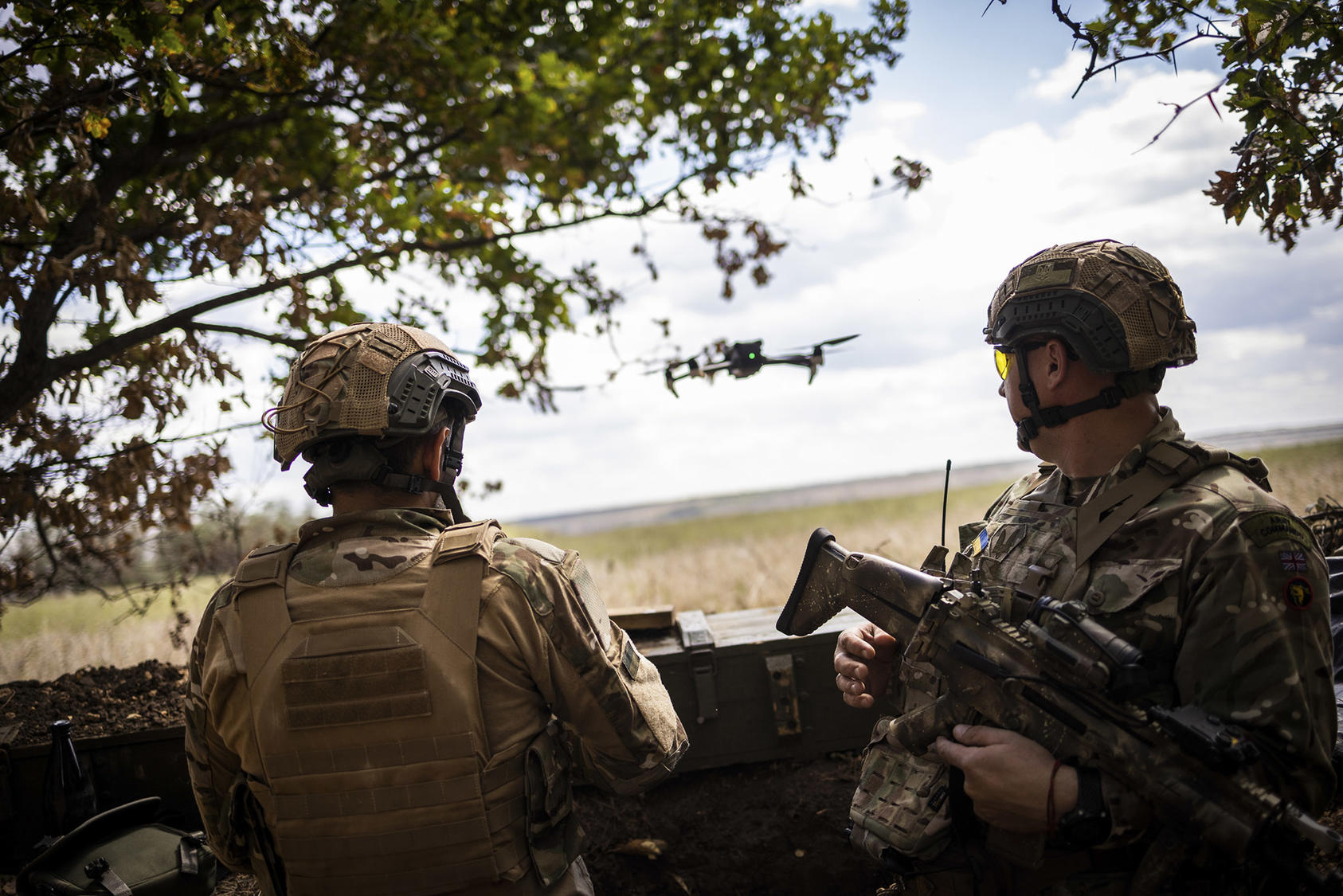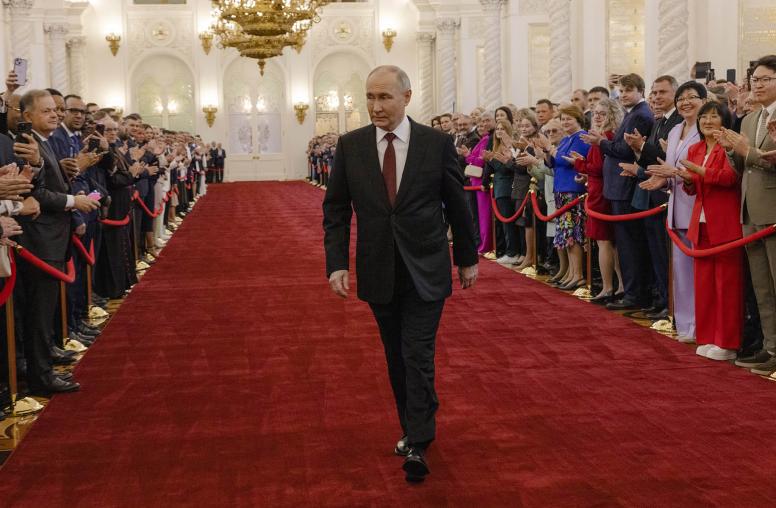Twitter Space: What Comes Next for Russia, Ukraine and Europe’s Peace and Security
The consequences of Russian President Vladimir Putin’s war against Ukraine continue to reverberate throughout Europe, challenging the rules-based international order for maintaining peace and security. While Putin had been aggressive in pursuit of his territorial ambitions in the past, the brazenness of Russia’s invasion last February made it clear that his pattern of escalation posed a major threat to peace throughout Europe. However, the Russian military’s poor performance in Ukraine thus far has left the conflict in a state of brutal attrition. And the question of whether these setbacks have shifted Putin's goals regarding Ukraine and beyond will be a major factor in shaping the West’s approach to Russia going forward.

On October 4, USIP held a Twitter Spaces conversation with Angela Stent, one of America’s foremost experts on Russia and Europe, regarding Putin’s evolving goals in Ukraine and the prospects for peace in Europe. The discussion looked at pressing questions on the short-term and long-term implications of Russia’s war against Ukraine for the United States, Europe and Russia.
Take part in the conversation on Twitter using #UkraineUSIP.
Note: This live Twitter Space was hosted on USIP’s Twitter account, @USIP. The recording of this discussion is available on this page as an episode of the “USIP Events” podcast.
Speakers
Angela Stent
Nonresident Senior Fellow, Brookings Institution; Professor Emerita, Georgetown University
@AngelaStent
Mary Glantz, moderator
Senior Advisor, Russia and Europe Center, U.S. Institute of Peace
@MaryEGlantz



